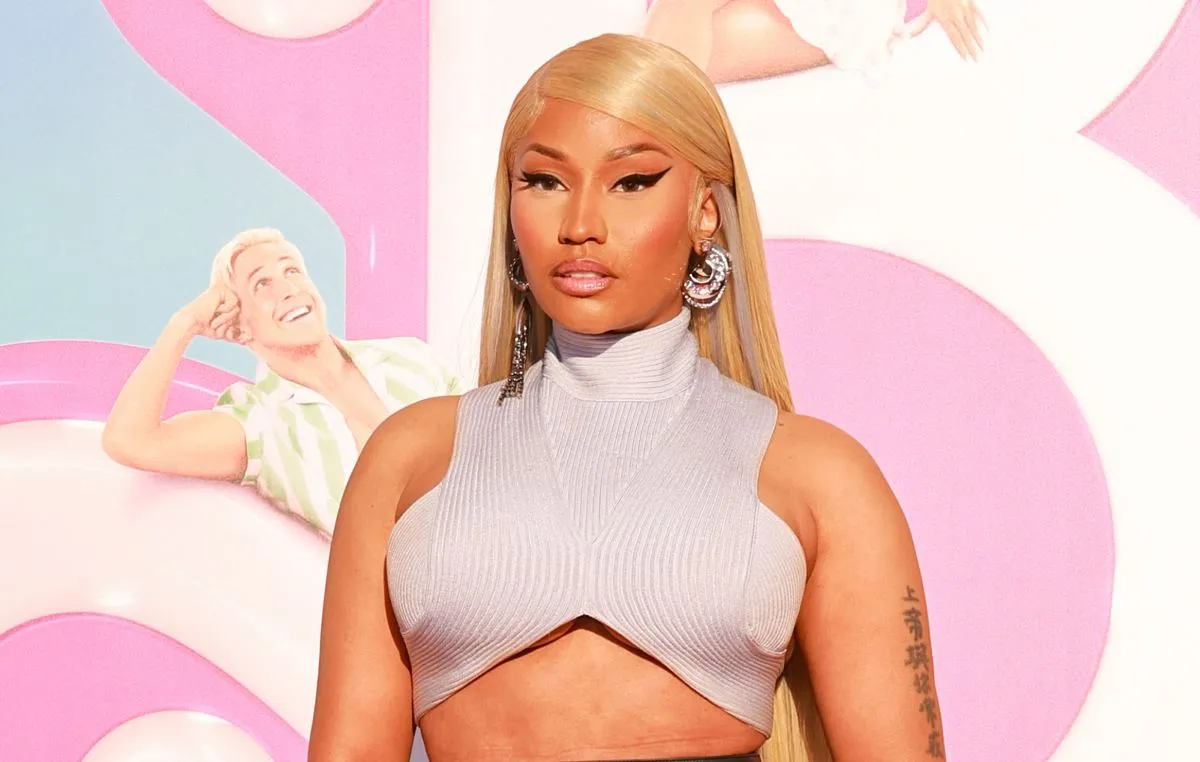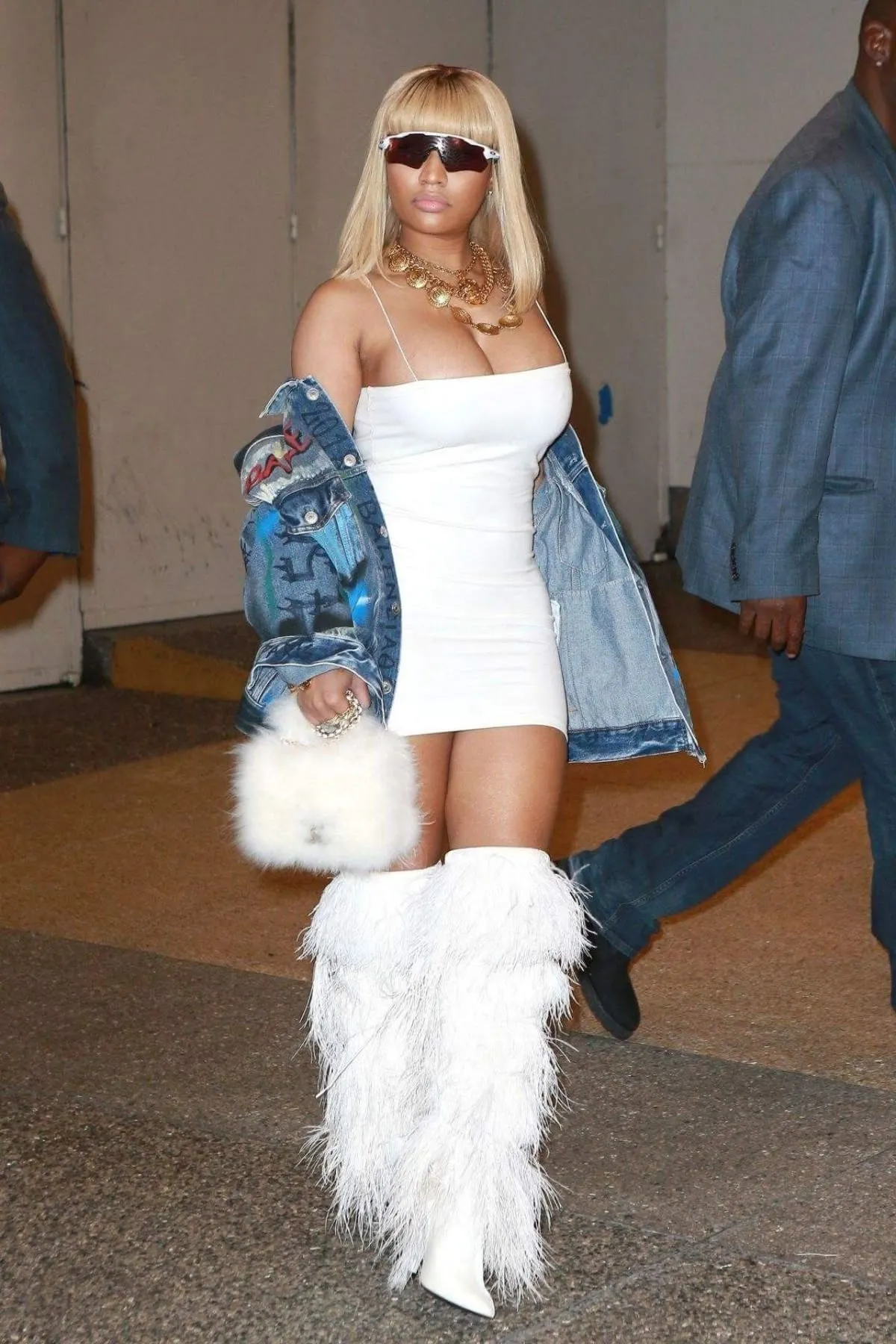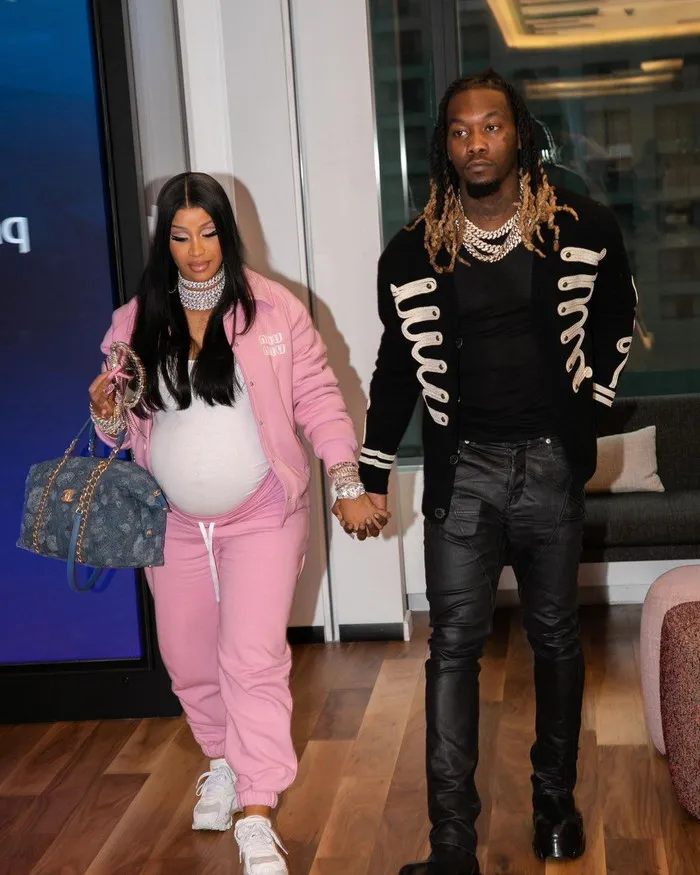
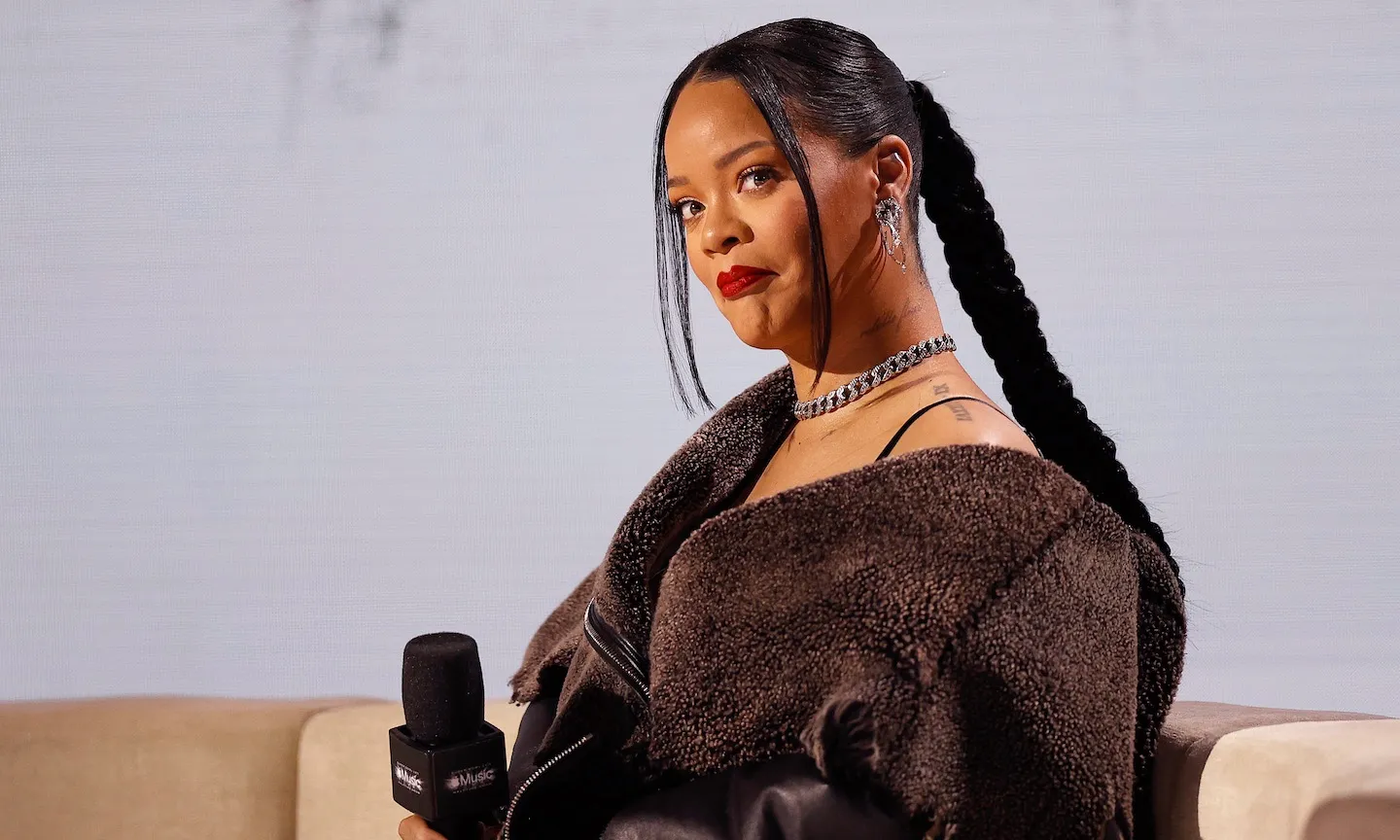
The Internet Reignites a Controversial Debate: Did the World Get Chris Brown and Rihanna’s Story All Wrong?
The story of Chris Brown and Rihanna has remained one of the most infamous scandals in modern pop culture. More than a decade has passed since the explosive events that permanently tied their names together, yet every few years the debate resurfaces, fueled by documentaries, interviews, or simply the endless cycle of online discourse. Recently, the internet has once again reignited a controversial discussion, with fans, critics, and cultural commentators questioning whether the world truly understood the complexities of their story—or whether history has been oversimplified into a narrative of victim and villain.
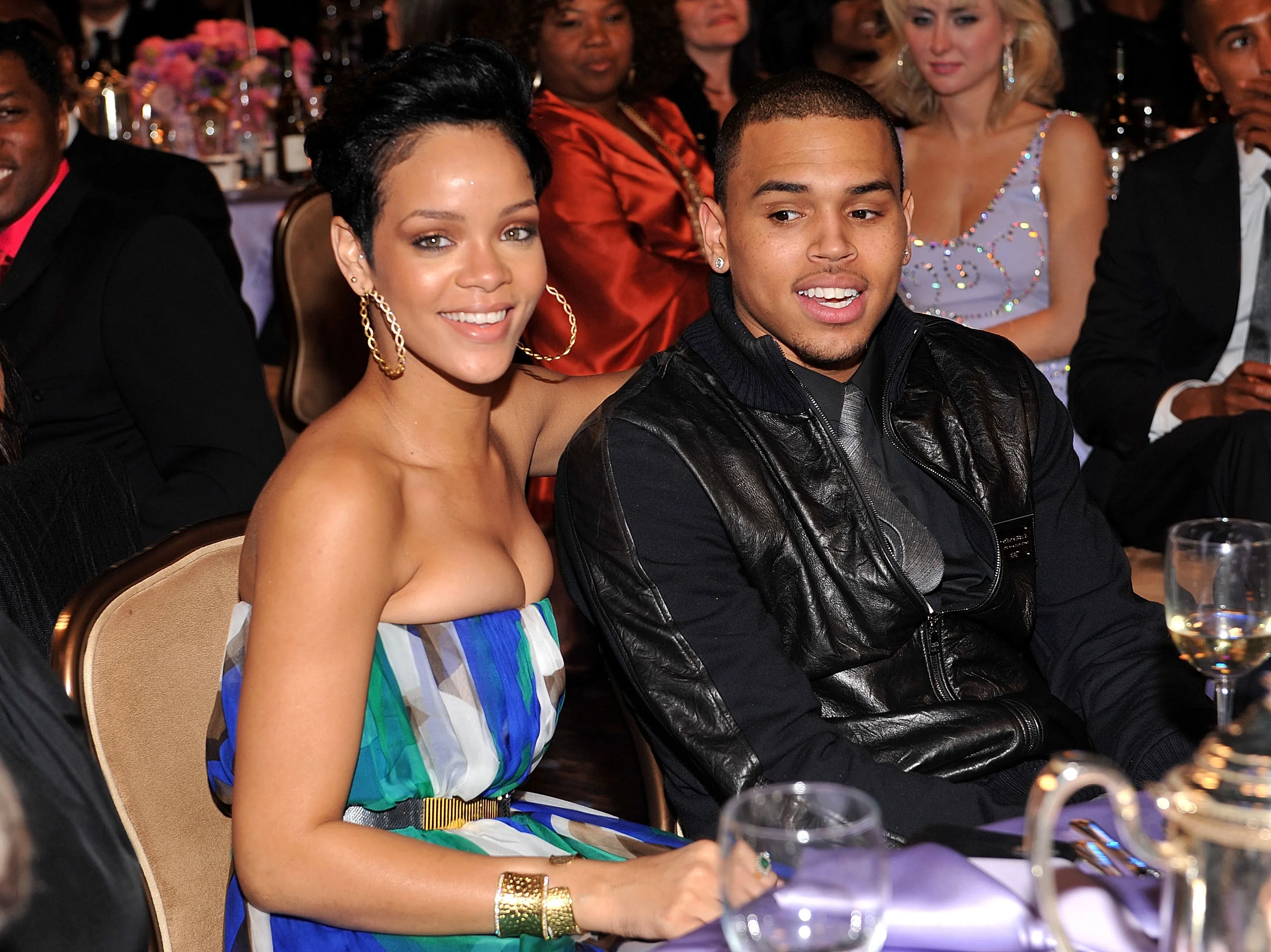
At the heart of this renewed conversation is the notion that what the public believes about Chris Brown and Rihanna might be incomplete. For years, the story has been framed primarily around the 2009 incident in which Brown was arrested for assaulting Rihanna. The harrowing images of Rihanna’s bruised face became defining visuals of the scandal, cementing Brown’s reputation as an abuser in the eyes of the world. However, the internet thrives on nuance, speculation, and revisionism. As social media users revisit interviews, leaked court documents, and even Rihanna’s own words, many are beginning to wonder: Did we get the story all wrong?
The Night That Changed Everything
The official narrative is clear. On the night before the Grammy Awards in 2009, Chris Brown and Rihanna got into an argument while driving through Los Angeles. The fight escalated into physical violence, and Rihanna sustained visible injuries. Police reports documented the altercation, and Brown later pleaded guilty to felony assault, receiving five years of probation and community service. The incident was catastrophic for his career. Endorsement deals evaporated, award show invitations vanished, and his public image became synonymous with domestic violence.
For Rihanna, the aftermath was equally devastating. Though she had the sympathy of the world, she also faced the scrutiny of living under the media’s relentless gaze. Tabloids dissected her every move, speculating about her trauma, her recovery, and even her decisions regarding Brown in the years that followed. She became a symbol of survival, but she was also forced into the uncomfortable position of being a public victim rather than simply an artist.
Yet as time passed, questions emerged about whether the story was as straightforward as the headlines suggested. Rihanna’s later interviews hinted at a far more complicated reality, one where emotions, love, and cycles of pain blurred the lines of right and wrong.
Rihanna’s Own Conflicted Words
In the years after the assault, Rihanna gave multiple interviews that seemed to complicate the public’s understanding of the relationship. She acknowledged Brown’s violence, but she also admitted to moments of reconciliation, even describing him as the love of her life in one candid conversation. These statements left many fans confused. How could someone who had been so visibly harmed by a partner still express affection and forgiveness?
For some, her words were evidence of the complex psychology of abusive relationships, where victims can feel torn between anger, loyalty, and unresolved love. For others, her willingness to speak fondly of Brown suggested that the public might not have been privy to the full context of their relationship. Rihanna herself has at times resisted being painted solely as a victim, insisting that her story is hers to tell, and that the public’s desire for a clear-cut narrative overlooks the messy truths of intimacy and pain.
Her admissions also raised uncomfortable questions about public ownership of private trauma. Did the world expect Rihanna to behave according to a script—to reject Brown completely, never forgive, and live permanently in opposition to him—because that fit the moral clarity people craved? And if she chose a different path, was she betraying the expectations of survivors everywhere?
Chris Brown’s Career in the Shadow of the Past
For Chris Brown, the 2009 assault became an inescapable shadow. Despite producing hit songs, selling out tours, and maintaining a loyal fanbase, his career has always carried the stigma of that night. Every new project, no matter how successful, inevitably sparks reminders of his past. Social media, in particular, has kept the incident alive, with viral posts resurfacing photos, reports, and reminders whenever his name trends.
Brown himself has expressed frustration with this cycle, claiming that he has been denied the chance at true redemption. He has publicly apologized multiple times, describing the assault as his deepest regret. At the same time, his behavior in later years—ranging from angry outbursts to legal troubles—has made it difficult for some to believe in his rehabilitation.
Still, his supporters argue that the culture of cancellation has prevented him from ever moving forward. They point out that other celebrities accused of equally or more severe actions have managed to rebuild their reputations, while Brown remains perpetually marked. This discrepancy has led to conversations about race, gender, and the unforgiving nature of the internet, especially when the person at the center is a young Black man whose mistakes became global spectacle.
The Internet’s Obsession with Revisionism
Social media thrives on revisiting the past, often reframing it through the lens of modern conversations. The Chris Brown and Rihanna story has become a recurring case study in how narratives evolve. TikTok users dissect old interviews frame by frame, YouTube commentators create hour-long analyses of their relationship, and Twitter debates rage whenever either star trends.
What fuels this obsession is the tension between certainty and ambiguity. On one hand, the assault is undeniable and documented. On the other hand, Rihanna’s nuanced comments, Brown’s persistent career, and the public’s shifting attitudes toward redemption complicate the issue. The internet rarely settles for one perspective; instead, it continuously churns out new theories, interpretations, and judgments.
The latest wave of debate has focused on whether the media’s coverage of the 2009 incident oversimplified the narrative. Some argue that framing Brown as a one-dimensional villain and Rihanna as a helpless victim stripped away their humanity. Others insist that revising the story risks downplaying the seriousness of domestic violence, potentially sending a dangerous message to survivors everywhere.
Did the World Demand Too Much from Rihanna?
Another dimension of the debate centers on Rihanna’s agency. When she reconciled with Brown briefly in 2012, the backlash was intense. Many fans accused her of betraying survivors, while critics suggested that her decision undermined years of progress in conversations about abuse. But some cultural commentators argue that Rihanna was unfairly burdened with the weight of representation.
As a global superstar, she was expected not only to navigate her personal trauma but also to serve as a role model, a spokesperson, and an activist against domestic violence. Yet Rihanna herself never asked for that responsibility. She consistently emphasized that her choices were personal, not political. The world’s insistence on making her a symbol may have been another form of control, denying her the right to define her story on her own terms.
This perspective highlights a broader issue about how society consumes the pain of women, especially women of color. Rihanna’s private suffering became public property, dissected and debated without her consent. In that sense, the controversy may say more about the public’s expectations than about the reality of her relationship with Brown.
The Double Standards of Forgiveness
One of the most contentious aspects of the conversation is the question of forgiveness. Why has Chris Brown struggled to escape his past when other male celebrities accused of violence or misconduct have managed to rehabilitate their images? Some point to the enduring power of the images from 2009, which remain among the most visceral and unforgettable visuals in celebrity scandal history. Others argue that systemic bias plays a role, with young Black men facing harsher and longer-lasting stigma than their white counterparts.
At the same time, the public has shown an inconsistent relationship with forgiveness. Many of the same fans who criticize Brown continue to stream his music, attend his concerts, and engage with his work. This contradiction underscores the complexity of separating the art from the artist, as well as the reality that outrage and consumption often coexist.
The internet’s cyclical debates reflect this tension. Some demand accountability and insist that Brown should never be forgiven. Others advocate for growth and second chances, pointing out that people, particularly those who were young when they made mistakes, can change. The lack of consensus ensures that the conversation will never truly end.
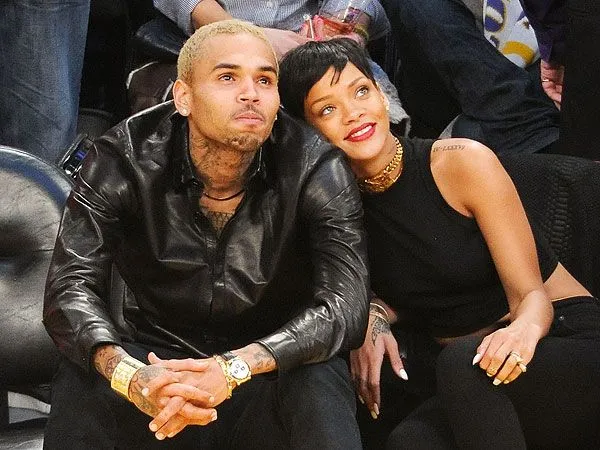
A Story Without Closure
The truth is that the Chris Brown and Rihanna saga may never have a neat resolution. The world craves closure, but their story defies it. It is a story about violence, love, forgiveness, fame, and the relentless gaze of the public. It is about how private pain becomes public spectacle, how narratives are shaped by media, and how the internet refuses to let the past stay in the past.
Perhaps the more important question is not whether the world got the story wrong, but whether the world was ever entitled to the full story in the first place. Rihanna and Brown remain individuals with their own truths, their own contradictions, and their own journeys that no tabloid headline or viral tweet can fully capture.
As the internet continues to reignite the debate, one thing becomes clear: this story is less about what happened on one night in 2009 and more about what it reveals about society’s hunger for judgment, redemption, and control over celebrity narratives. Whether right or wrong, the conversation says as much about us as it does about them.








